THE LATEST FROM VALTASNews, updates, and stories to keep you in the know.
|
|
Your most Important Tip: If you receive an email asking you to wire money or send gift cards, assume it is a fraud – every time. CALL the sender to confirm, at a number you know is correct.
We are seeing, and hearing about, an increasing number of online scams and other negative internet-based activity related to COVID-19 and the mass exodus from company offices to home offices. As thousands of information workers recreate office processes and routines to work in an online-only world, the scammers, spammers, information manipulators, and meeting hijackers have been busy as well.
Here are some things to look out for:
1) Targeted emails can take advantage of the changes in some of your usual processes.
3) Investment scams – There have been offers to people to invest in fake virus treatments, prevention, etc. You might be surprised at who will sell you on the idea that they have the cure.
4) Zoom-bombing – Unauthorized entry into meetings, including heckling and display of unwanted material. There are settings in Zoom to ensure privacy. 5) Social media misinformation campaigns. If this feels foreign to you and unrealistic, read this article on the Washington Post. Here are additional protective strategies to help you stay safe. 1) As mentioned earlier, always verify unusual email requests or emails and calls asking for money with a phone call to a known, trusted number. 2) Never send private business (or personal) information in response to an unexpected email. This includes social media requests, games, and other innocent looking requests. “What city were you born in?” for a personality test should be avoided. 3) Donate to charities you know and check the domain names before donating online. (Even then, websites can be created in a day and look very professional.) You might find the IRS tax exempt organization search helpful.
5) Use passwords and/or waiting rooms to protect online meetings. 6) Keep your anti-virus software active and set it to update continuously so it recognizes new viruses. If you need assistance with comparing anti-virus software, G2.com ranks them based on users’ feedback.
7) Most security breaches involve email. If you are in IT, consider purchasing a subscription to add-on anti-spam/virus software at the server level. The cost of the service is almost certainly minor compared to the cost of a single attack of ransomware, or a single incidence of wire fraud.
8) For additional examples and strategies to fight COVID-19 scams, see the Federal Trade Commission’s site HERE. This video from KGW8 offers new perspectives and a reminder about the new world we live in:
Where to report potential scams
If your credit, bank account information or other finances have been compromised in a scam, be sure to report the situation to your financial institution or lender as soon as possible. The Federal Trade Commission (FTC) is the main government agency that collects scam reports for the U.S. If you suspect you have fallen victim to a scam, you can report it HERE. While the FTC does attempt to find and stop scammers, the unfortunate truth is that much of the time, money is not recovered – the best defense is protective software, and an abundance of caution. About the Author
Comments are closed.
|
THE LATEST FROM VALTAS
You are welcome to subscribe to get the latest news, updates and insights from our team. Subscribe:Ask Valtas!Categories
All
Archives
July 2024
|

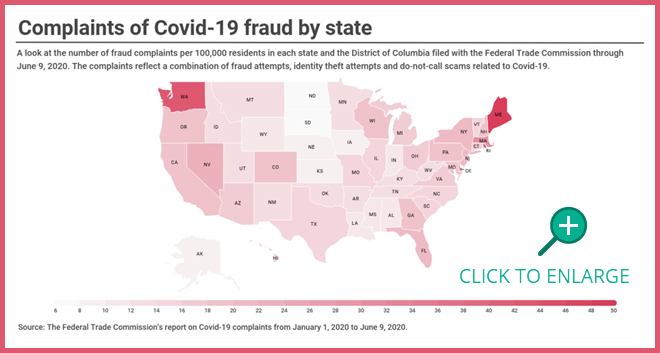
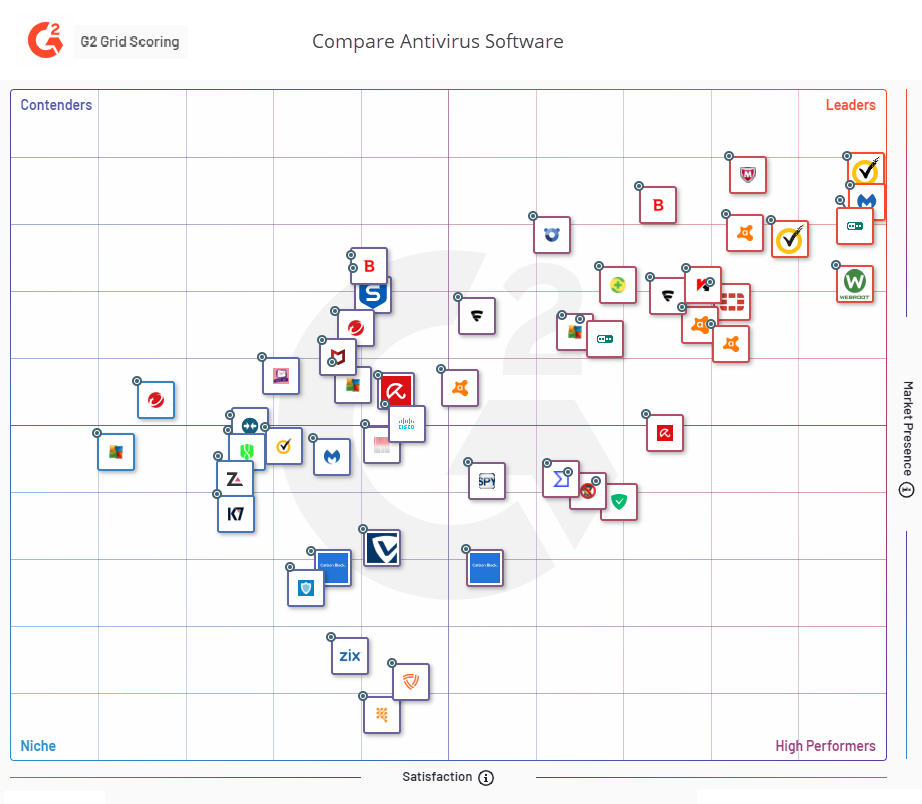

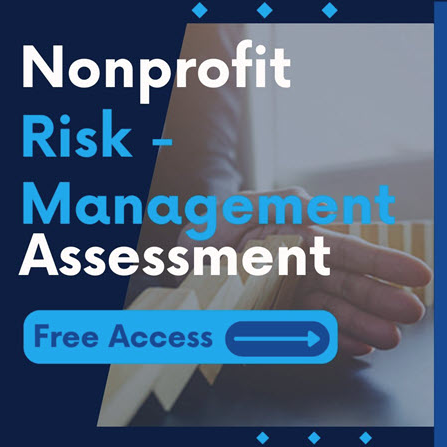
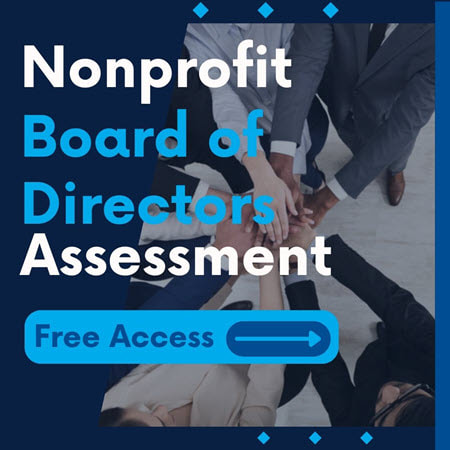


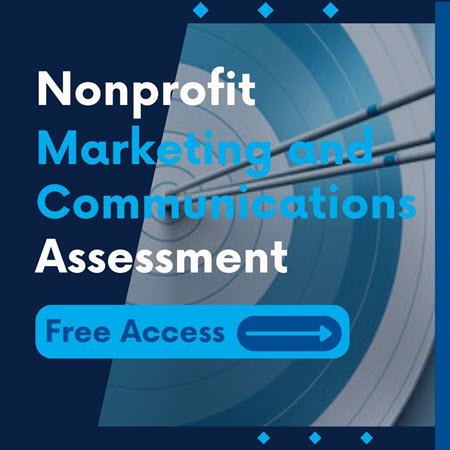
 RSS Feed
RSS Feed
